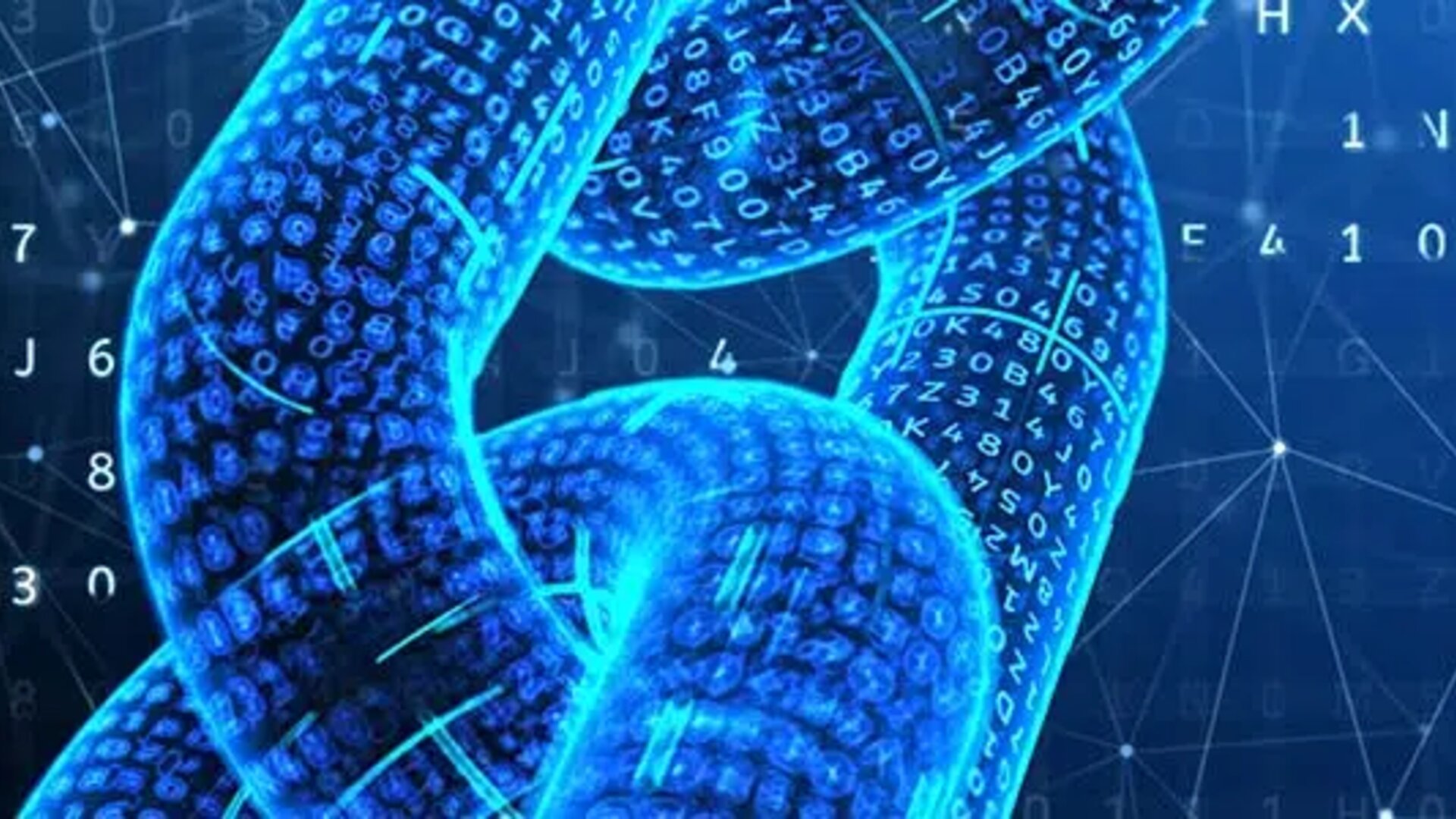
EDI and the potential of blockchain technology
Logistics EDI IntegrationThe blockchain in the supply chain
As a leading provider of EDI solutions specializing in the area of digital supply chains, EDITEL also thoroughly explores the blockchain technology and its potential. It is said to have enormous power in the supply chain. Why is this and what does it mean for EDI?
First off, it should be noted that EDI cannot be compared with the blockchain technology. These are two different things altogether. EDI is a process between business partners and a blockchain is an IT technology. Blockchain will not replace or supplant EDI, but in some cases will form the basis for new and optimized EDI processes.
But let’s take it one step at a time – what is a blockchain? Simply put, a blockchain, or distributed ledger technology, is, a decentralized and public database in which transactions are stored. These cannot be changed by encryption technologies, which means that tampering is impossible. Using blockchain technology adds tremendous value because transactions are tamper-proof and traceable. This is one of the reasons why productive blockchain applications are frequently used in the financial sector.
Secure and tamper-proof sound great, but why does it have to be public? A public database makes no sense in the supply chain! No stakeholder wants to publicly showcase their transactions or supply chains. Nobody in the financial world wants that either, but current encryption technology can ensure the necessary confidentiality even in a public database.
What is the potential of blockchain technology in the supply chain?
If we analyze today’s supply chains, we will see that data is passed from one partner to the next. Ultimately, every partner has to rely on the previous partner in the supply chain, which compares roughly to the “telephone game.” The timing component in the “sequential” data transfer also plays a role; everyone in the supply chain does not get the data until the previous partner passes it on.
What are the advantages of Blockchain in supply chains:
- Transparency: Data such as country of origin, product quality, and production processes is visible to all stakeholders.
- Security: Data on the blockchain is immutable, ensuring no tampering occurs.
- Efficiency: Real-time data sharing reduces delays and manual intervention.
Where can blockchain technology be put to good use?
Blockchain can play an important role especially in the global supply chain when areas/countries without reliable authorities or business partners are involved. In such cases, the use of blockchain technology can create additional transparency and ultimately security. Where no “trusted party” is available, blockchain technology is used to fill that void.
The blockchain also holds potential for supply chains that span across numerous actors and therefore have many interfaces. This significantly speeds up the transfer of information, with the pleasant side effect of reducing paper consumption and manual data entry.
How Can Blockchain Technology Benefit Logistics and Supply Chains?
Blockchain technology offers significant benefits not only to logistics but to supply chains as a whole. Through the use of SmartContracts and NFTs, many processes across various industries can be streamlined, improving efficiency and reducing costs.
What are the key benefits of Blockchain in supply chains:
- Cost Reduction: Processes that were previously unprofitable can now become viable, leading to both time and cost savings.
- Environmental Impact: Blockchain enhances the transparency and traceability of supply chain processes, which helps monitor waste streams and supports pollution prevention efforts.
- Improved Recycling: Blockchain technology can significantly increase recycling rates by improving transparency in the recycling chain. Companies can document every step, from collection to processing, ensuring better tracking and higher quality of recycled materials.
- Trade Optimization: Blockchain enables the secure and reliable transfer of information about the origin and quality of recycled materials, helping to optimize the trade of these materials across supply chains.
By implementing blockchain technology, businesses can achieve greater sustainability, improved transparency, and higher efficiency in their supply chain operations.
What is the relevance of blockchain technology in the context of EDI integration?
Today, blockchain technology does not appear to offer significant added value in the context of EDI.
The prototype for EDI-based data exchange does not directly speak for the use of blockchain technology: As a general rule, the supply chain is comparatively short, there is a high degree of trust and collaboration between involved partners, and the processes are well established and highly standardized. As a result, blockchain will probably be more of a complementary technology to “traditional” EDI and at the same time an enabler of further potentials and use cases in supply and value chains and beyond.
If you have any questions about technological innovations in the supply chain, my colleagues and I will be happy to answer them by phone. You can also use the contact form to get in touch with us. We look forward to hearing from you.
Listen to the Podcast
About the author

Alexander Schaefer
Chief Information Officer EDITEL Austria



